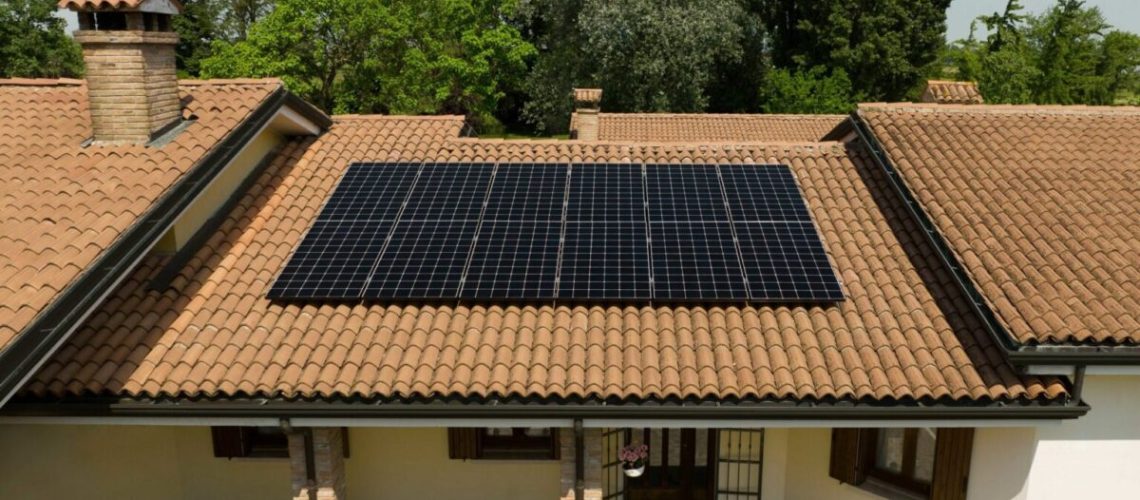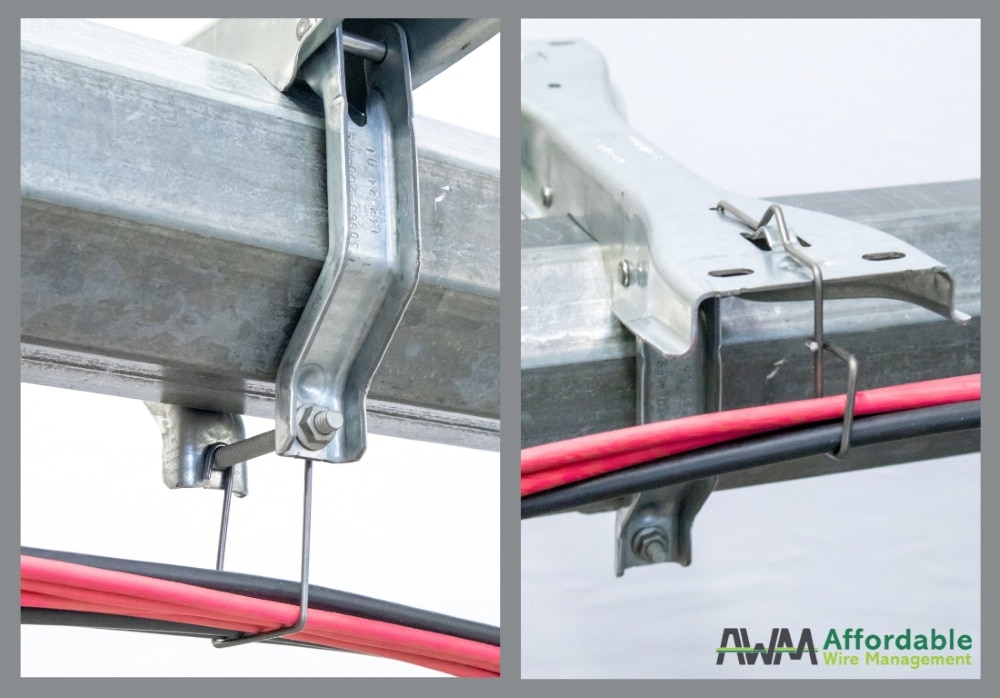The analyst behind the “Over Exposed” report, examining the likelihood of forced labor in the supply chain of the solar module manufacturer, has revised their stance on Maxeon Solar. Detailed documentation and ongoing dialogue with the company prompted the re-evaluation.
Maxeon Solar Technologies, a leading solar module manufacturer, has been exonerated from allegations of using Uyghur forced labor in their polysilicon supply chain. This conclusion comes from Laura Murphy, policy advisor to the Under Secretary in the Office of Strategy, Policy, and Plans at the U.S. Department of Homeland Security, and author of the report, ‘Over Exposed: Uyghur Region Exposure Assessment for Solar Industry Sourcing.’
On her LinkedIn page, Murphy announced that after a series of engagements with Maxeon, her team has updated their assessment of the company.
Murphy noted:
Based on substantive information submitted to Sheffield Hallam by Maxeon Solar Technologies, we updated our report with a reassessment of Maxeon modules, assessing the company’s exposure to the XUAR as NONE (unverified).
The reassessment acknowledges the extensive data Maxeon shared regarding their procurement processes and the implementation of comprehensive tracking and verification within their supply chains. The dialogue between Murphy and Maxeon, which also involved other manufacturers, is publicly accessible via their website, within Annex A: Corporate Responses.
The initial exchange with Maxeon began on July 27, 2023, as Maxeon contested implications of forced labor in their supply. The subsequent discourse is recorded in a ten-page email thread, found within the same document.
The revision was influenced by three pivotal pieces of evidence:
1. A disclosure detailing suppliers of wafers, polysilicon, and metal-grade silicon (MGS) for the production of Gen 3 and Gen 6 cells since 1 January 2023. This includes Maxeon’s supply chain map, which was previously submitted to Sheffield Hallam and featured in the original report, and has since been published online.
2. An assertion that Maxeon demanded its suppliers to refrain from using XUAR-sourced materials in the entire supply chain, although this claim remains unverified.
3. Maxeon’s insistence that their suppliers, OCI and TCL Zhonghuan, source exclusively non-XUAR materials for Maxeon-specific products.
Before the reassessment, Maxeon faced a “very high” probability rating for utilizing forced labor-sourced polysilicon. This rating has been downgraded to “None (Unverified)”.
The report defines “none (unverified)” as a scenario where “All polysilicon producers are documented but cannot be independently verified. MGS sourcing locations documented in corporate or other reputable disclosures show none is in the XUAR, but no additional public or official disclosures verify the claim.”
Industry expert Christian Roselund challenged the methodology behind the initial ratings on his LinkedIn:
The supply chain maps provided for the Maxeon 3/5/6 and SunPower X-/A-/M-Series never verified a connection to Xinjiang – they merely assumed it based on limited and inconclusive evidence. In violation of the report’s own stated methodology, other nodes and supply chains are given “very high” scores simply because the report’s authors did not find all of the information they were looking for.
The recent update to Murphy’s full forced labor report, which now includes the fresh insights about Maxeon, originally assigned a “very high” rating partly because of the lack of specific information. The report observed, “Without clear supply chain disclosures that would account for wafer sourcing, analysis of the current Maxeon 3/5/6 supply chain depends on analysis of Maxeon’s investment and business relationships.”
Such affiliations, linked to entities with ties to the Xinjiang region, led to the presumption that Maxeon’s solar cells were sourced there as well.





